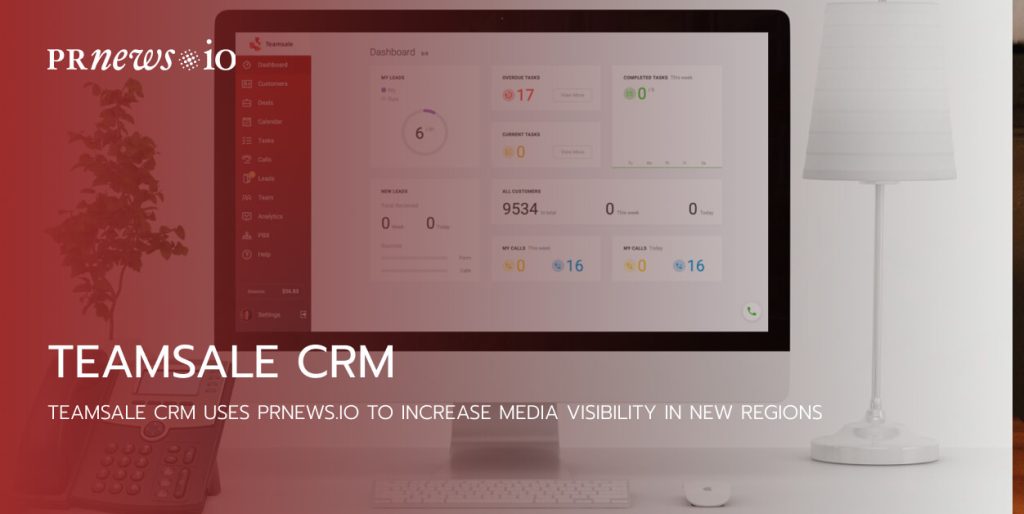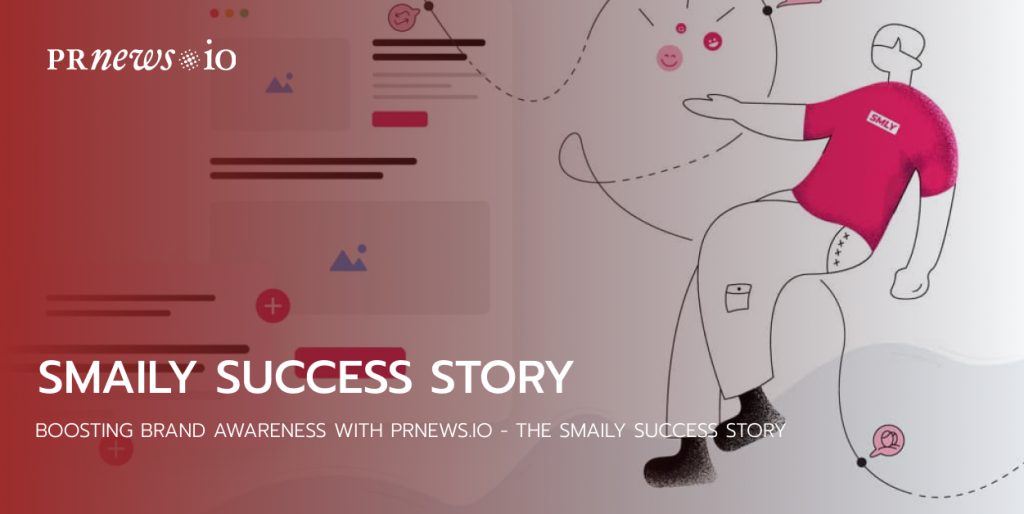One of the major mistakes companies make while working on Fintech SEO is solely focusing on the technical aspects of optimizing content and website pages for better discoverability in search engines. However, the true potential of SEO lies in its ability to drive leads, a fact that is often overlooked.
SEO is a marketing strategy focusing on building your brand and growing your audience. However, suppose you come across this article after entering the “fintech SEO” request in Google search. In that case, you are likely working for a fintech business where you are accountable for SQL, MQL, revenue, and leads generation. Rather than speaking about the technical aspects of fintech SEO (which are also very important when building an effective marketing strategy), this guide focuses on the fintech SEO strategies that will have you drive leads in 2024.
Let’s dive in!
What Is Fintech SEO?
Fintech stands for financial services and technology. Unlike traditional financial services companies, which offer various products and services, fintech businesses offer only a part, focusing on delivering services by leveraging technology instead.
Search engine optimization (SEO), in turn, makes the content, products, and services of fintech companies discoverable in search engines by using particular keywords.
Fintech and SEO are a natural combination. Unlike traditional financial companies, fintech was born online. Effective SEO strategies help companies better market their offers, inviting customers to use their apps, dashboards, and various other solutions provided by fintech projects.
Fintech SEO Peculiarities
Building an SEO strategy for a fintech company differs from managing one for any other business. Why? Let’s consider the four non-avid facts about fintech SEO.
Using SEO for Building Trust
Fintech is a complex industry that covers topics such as taxes, investing, mortgages, etc. An average customer is not an expert in any of these, so people do a lot of online research to understand the topic better.
People use Google to do in-depth research and get answers to their questions about personal finance topics. This is when fintech SEO comes in. Creating an expert SEO strategy for your fintech company helps you educate the audience and build trust by providing valuable and high-quality fintech content.
Fintech SEO covers B2C and B2B sectors alike. While the former seems clear, setting up your fintech SEO strategy for B2B requires additional explanation. In B2B, just like in B2C, you also target people trying to understand complex topics related to the fintech sector. In B2B, you are selling to a buying committee, where the target person to whom you sell is a person doing online research. By using the right keyphrases and implementing those in your valuable content, you can find new prospects who will trust your business and close new deals.
Think of a More Strategic Approach
There is no denying that fintech SEO is a highly competitive niche, especially in the B2C space. If you are a small business or startup, ranking for general terms and keyphrases specific to your project and relevant to your company’s services will be challenging.
To create a successful fintech SEO strategy, consider a strategic approach focusing on the keywords your business wants to rank. Following the approach, everyone else employs will hardly bring you the desired results. If your fintech SEO focuses on driving new leads, think of a strategy that uses keywords and SEO approaches that will help you drive more customers. (If this approach appeals to you, keep reading to discover methods to help you gain new leads.)
Focus on Content SEO Rather Than Technical SEO
Every SEO strategy comprises two parts – content and technical SEO.
- Technical SEO is essential for large websites containing more than 10,000 pages. It is focused on link-building, page speed, metadata, and other aspects. While all these aspects are crucial to consider when improving your website’s discoverability, they are less critical than content SEO for fintech companies.
- A well-built content SEO strategy will help your website get notices, build trust, and find new leads faster than technical SEO. Valuable, high-quality content optimized for specific keywords your target audience seeks will make your FinTech project more findable in search engines. In most cases, you must work on long-form content that educates your audience and helps you build trust.
Your Content Should Come from an Authority
People need to ensure they deal with professionals regarding money and investments. Whether consuming content or ordering services, people will gain more trust when they realize the information originates from a reputable source. Ideally, content shared on the fintech company’s website should be written by an author who has earned a reputation in the fintech industry and/or based on an interview/quotation from an expert.
Google’s EAT (Experience, Authoritativeness, and Trustworthiness) guidelines have been recently updated with another E that stands for Expertise. Although it’s not the primary and most important ranking factor, it helps you easily rank for high-quality, expertised content.
5 Proven Fintech SEO Strategies to Drive Leads
How can your fintech project be noticed in a highly competitive market? Consider the following 5 primary SEO techniques that should never be neglected in your marketing strategy.
On-Page SEO
One of the most prominent strategies is one of the most commonly overlooked. Besides finding relevant keywords for your fintech company, effectively using those words and phrases in your content is essential. On-page fintech SEO includes a set of optimization techniques to improve your website’s findability in Google searches.
Whether you are working on a blog post, service page, or the front page of your website, do not neglect to implement the following on-page techniques:
- Create an informative, high-quality content;
- Use the focus keyword in the first 100 words of the content on your web page;
- Use the focus keyword in the title of your page and H2 headings;
- Create descriptive titles and headings;
- Do not neglect to link to other pages on your website;
- Ensure your web page loads fast;
- Have a valid schema markup.
These basics should be included in every on-page SEO strategy for a fintech company and any other project.
Work on Technical SEO
Although content SEO should be optimized first, technical SEO shouldn’t be forgotten. To make your content get noticed, you must address your website’s vitals like speed, crawlability, website schema, and other elements that Google and other search engines scan when presenting web users with content that meets their search intentions to the fullest.
When working on technical SEO, you need to find the issues that can affect your website’s performance. The major issues you should consider include but are not limited to:
- Site speed
- Duplicate content
- Missing header tags and XML sitemap
- Improperly formatted robots.txt file
- Duplicate meta tags
- Duplicate content
- Not enough content
You can discover most of these issues while running an SEO audit of your website. Most websites face common challenges and common mistakes. However, once those are fixed, they can notice their fintech companies starting to grow.
EAT
As mentioned, EAT (Expertise, Authority, Trustworthiness) is an inevitable element of every marketing strategy, particularly fintech SEO. As you’ve noticed, trust is one of the primary elements to consider when promoting your financial services. Google and other search engines use it as the basis when evaluating companies in the fintech sector and recommending the most trustworthy ones to users in search results.
How can you improve your website’s performance to rank higher in search results? There are several fundamental steps to consider:
- Work on the About Us page to clarify what your website deals with for search engines and your audience.
- Keep the content consistent throughout your website regarding the topics you highlight and the keywords you use.
- Never miss the opportunity to show a list of partners and user testimonials on your website.
- Work on the content strategy that ensures the transparency and trustworthiness of your fintech business.
Link-Building
Link-building, often called backlinks, is a major part of building an effective fintech SEO strategy. It’s all about attaining as many quality backlinks to your website as possible. The math is simple – the more backlinks you have, the more credible your website looks in Google’s eyes.
How can you get reputable websites to link to your fintech company’s content? The most common approaches include:
- Give a quote to the reporters writing about the news and research in the fintech industry. By giving them a quote, they’ll add a link to your website on their web resources.
- Do not neglect the old, good practice of publishing guest posts on websites relevant to your niche. Find websites that accept guest posts and provide them with content with a link to your website. Be ready for some negotiations since every website has its terms and conditions for publishing content from guest writers.
- When developing the link-building strategy, ensure the referring domain sets the “rel” attribute to “follow.” Otherwise, your website will not benefit from SEO-rich “nofollow” links.
CTR
Click-through rate is one of the significant factors affecting your website’s SEO ranking. The best way to ensure your FinTech website has a good CTR is by ensuring all your web pages and blog posts have good titles. It’s one of the critical factors influencing users’ decision-making when looking through the search results and deciding which title to click to learn more information.
A good title should be readable and fit in 60 characters. You can use Google Search Console to check CTR and ensure you choose a good title. The latter’s performance tab shows the total number of clicks, impressions, CTR, and average search position.
Bottom Line
Fintech SEO is an excellent opportunity for companies in the respective industry to get noticed and find new leads. The niche is competitive, so your brand should stand out. One of the vital success-driving factors is ensuring you opt for an SEO strategy and use keywords that do not compete with other prominent players in your field.
When working on your FinTech SEO strategy, focus on using keywords that are more relevant to your business and can help you attract more customers. Also, do not forget about technical SEO, link-building, and CTR since these are inevitable elements that will create a competitive, finent SEO strategy that brings new leads to your brand.
Read more:





